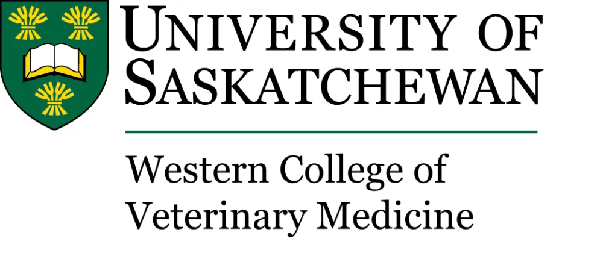
Farmscape for April 5, 2022
| Full Interview 12:11 | Listen  |
Preliminary indications are that the bacteria in the gut influences the health of piglets. As part of research being conducted by the Universities of Alberta, Saskatchewan and Guelph in partnership with Swine Innovation Porc, Calpis, Cargill, Phileo, and Evonik scientists are investigating the gut microbiome of the pig in an effort to identify beneficial and detrimental bacteria.
Dr. Bonita McCuaig, a postdoctoral research fellow with University of Saskatchewan, says samples are being collected at 24 commercial barns across Alberta, Saskatchewan, Manitoba, Ontario and Quebec and from three nucleus herds.
Clip-Dr. Bonita McCuaig-University of Saskatchewan:
What we’re actually collecting is farm management information through a survey with the barn and we collect fecal samples and vaginal samples from the sows within a week of farrowing and we also sample the piglets at that time. We take fecal samples from the piglets, weight or heart girth measurements as a measure of performance and the piglets are given a health score, so we monitor their health throughout the study. With those fecal samples we’re looking at what bacteria are present, so we identify the bacteria from the feces and we’re comparing them between barns but we’re also grouping based on performance or health status and making comparisons between those groups, trying to identify bacteria that are more common in healthy piglets or piglets that become sick or between piglets that grew very well and piglets that didn’t. The actual analysis and comparison of that gets a little technical but the main goal is just to identify bacteria that are beneficial or bacteria that are detrimental to pig performance.
Dr. McCuaig says early indications are that health outcomes in these young pigs are linked to the microbiome and it appears that it will be possible to identify some beneficial bacteria.
For more visit Farmscape.Ca. Bruce Cochrane.
*Farmscape is a presentation of Wonderworks Canada Inc





